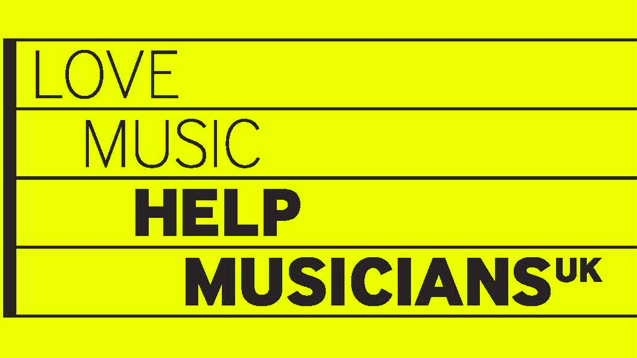Musicians may be up to three times more likely to suffer from illness compared to the public, a new study has revealed.
The findings were published by Help Musicians UK, the leading independent charity for musicians in the UK, as part of its Can Music Make You Sick? study conducted by MusicTank and the University of Westminster.
Almost three quarters of musicians surveyed in a new mental health study believe they have suffered anxiety or panic attacks.
Up to 65 percent reported they had suffered from depression, with the authors stating this suggests musicians may be up to three times more likely to suffer illness than the general public.
Respondents attributed this to the poor working conditions within the industry including: the difficulty of sustaining a living, anti-social working hours, exhaustion and the inability to plan their time/future.
Richard Robinson, Help Musicians UK’s chief executive, said: ‘Sadly the results of this survey don’t come as a surprise and paint a concerning picture of the conditions for those working in the music industry. This survey is a vital first step in helping us to establish the scale of the problem and it highlights the importance of the next phases of the survey, which will provide us with recommendations for launching the first music industry specific mental health service.
‘As the leading independent charity for musicians we are in unique position to commission this study and be able to look at the impact that working in the music industry has on people’s mental health.’
The survey is the largest of its kind globally with over 2,200 respondents taking part. The findings were unveiled as part of the charity’s MAD [Music And Depression] Campaign.
Visit the Help Musicians UK website for more information.
The findings were published by Help Musicians UK, the leading independent charity for musicians in the UK, as part of its Can Music Make You Sick? study conducted by MusicTank and the University of Westminster.
Almost three quarters of musicians surveyed in a new mental health study believe they have suffered anxiety or panic attacks.
Up to 65 percent reported they had suffered from depression, with the authors stating this suggests musicians may be up to three times more likely to suffer illness than the general public.
Respondents attributed this to the poor working conditions within the industry including: the difficulty of sustaining a living, anti-social working hours, exhaustion and the inability to plan their time/future.
Richard Robinson, Help Musicians UK’s chief executive, said: ‘Sadly the results of this survey don’t come as a surprise and paint a concerning picture of the conditions for those working in the music industry. This survey is a vital first step in helping us to establish the scale of the problem and it highlights the importance of the next phases of the survey, which will provide us with recommendations for launching the first music industry specific mental health service.
‘As the leading independent charity for musicians we are in unique position to commission this study and be able to look at the impact that working in the music industry has on people’s mental health.’
The survey is the largest of its kind globally with over 2,200 respondents taking part. The findings were unveiled as part of the charity’s MAD [Music And Depression] Campaign.
Visit the Help Musicians UK website for more information.


